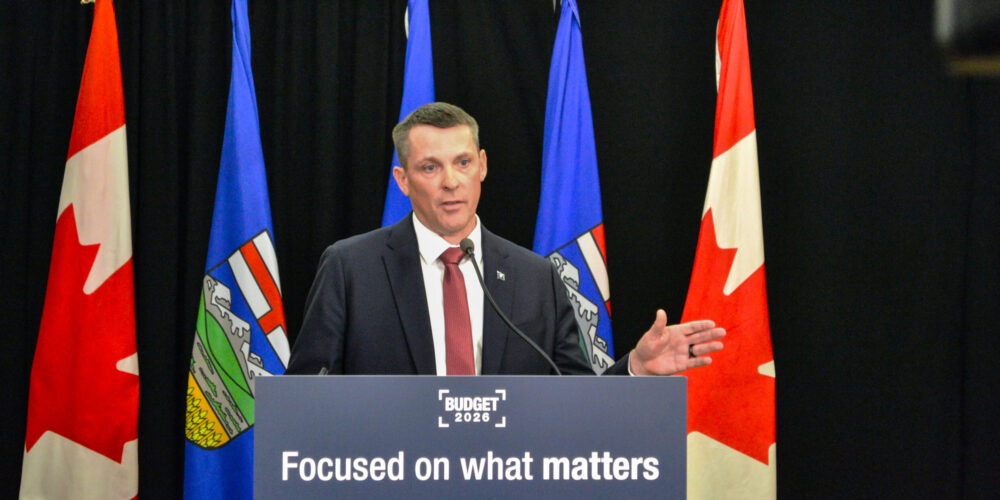Chris Brunelle appointed as Chief Transformation Officer
“This is just an evolution of how we look at what we do and how we operate and continue to make the operating model effective,” Brunelle says.
 Supplied - Alex Pugliese
Supplied - Alex PuglieseOn June 26, Chris Brunelle was announced as the University of Alberta’s first Chief Transformation Officer. The announcement stated that Brunelle would be responsible for driving transformation necessary for the U of A to address challenges and continue to achieve excellence in research and teaching.
Prior to taking on this new role, Brunelle worked at the U of A for 18 years, in the Office of the Registrar and then the Office of the Provost. He told The Gateway in an interview that his prior roles focused on continuous improvement and transformation work.
He said this role is a continuation of that work on a larger scale.
“What happened is there’s been a bit of an acknowledgement that we’re in 2025, so it’s about four and a half, five years now coming out of [Service Excellence Transformation (SET)] and looking to kind of evolve the operating model even further, right?”
SET oversaw the academic restructuring at the U of A that happened in 2020–21. Brunelle emphasized that this role is not meant to be another SET.
“This is just an evolution of how we look at what we do and how we operate and continue to make the operating model effective. It’s a blueprint at the end of the day, that operating model, and it’s up to us as an organization to figure out how to make it work.”
Shifting to a human-centred approach to university-wide services
Brunelle said he is currently set to be in the role for a year. In the fall, his office is expected to bring recommendations to the President’s Executive Committee (PEC).
“Beyond that, it really will come down to decisions that the senior leadership group makes around priorities,” Brunelle said.
Brunelle co-led an institution-wide analysis of the integrated transformation and continuous improvement program. He said that work included talking to senior leaders across vice-presidents’ portfolios and the different leadership levels about what is and isn’t working.
Brunelle said they heard pretty consistent themes, including that the institution needs to prioritize better.
“I think there’s an acknowledgement across all levels of leadership around that, and so I think that’s something that this office can help,” he said.
“I think you’ll see focus on university-wide services in particular and how do we continually improve those because that affects staff, affects faculty, and then also students,” Brunelle explained.
Brunelle said university-wide services are centres of expertise like the staff service centre, student service centres, information technology (IT), faculty and research services, among other things that are accessed by a variety of community members.
“When we talk about services, one of the things that we are going to shift in how we approach services at the university, and we started in some other areas, but I think it needs to be broader, is we take what I call a human-centred approach to service design,” Brunelle said.
He said that means designing services in a way that continues to provide value to those who are accessing it.
An enabler, not a decision maker, Brunelle says
Brunelle said one of the biggest challenges facing the U of A is its finite resources. He explained that there’s financial pressures while the university is trying to move towards its strategic objectives.
“An office like this can help with the execution and the delivery of those initiatives,” he said. “This type of an office isn’t a decision maker at the end of the day. It’s what I would call an enabler. We focus on helping those areas across the organization that have strategic objectives and initiatives that they’re trying to move forward.”
He said considering the financial pressure the university is facing, the timing of this new office is right.
In 2020–21, the U of A was facing major cuts to its operating grant from the Government of Alberta. Brunelle said the situation isn’t the same now, rather it’s about working within the 2020–21 model and assessing what needs to be improved.
“It’s important, don’t get me wrong, but certainly not what we went through in 2020–21.”




